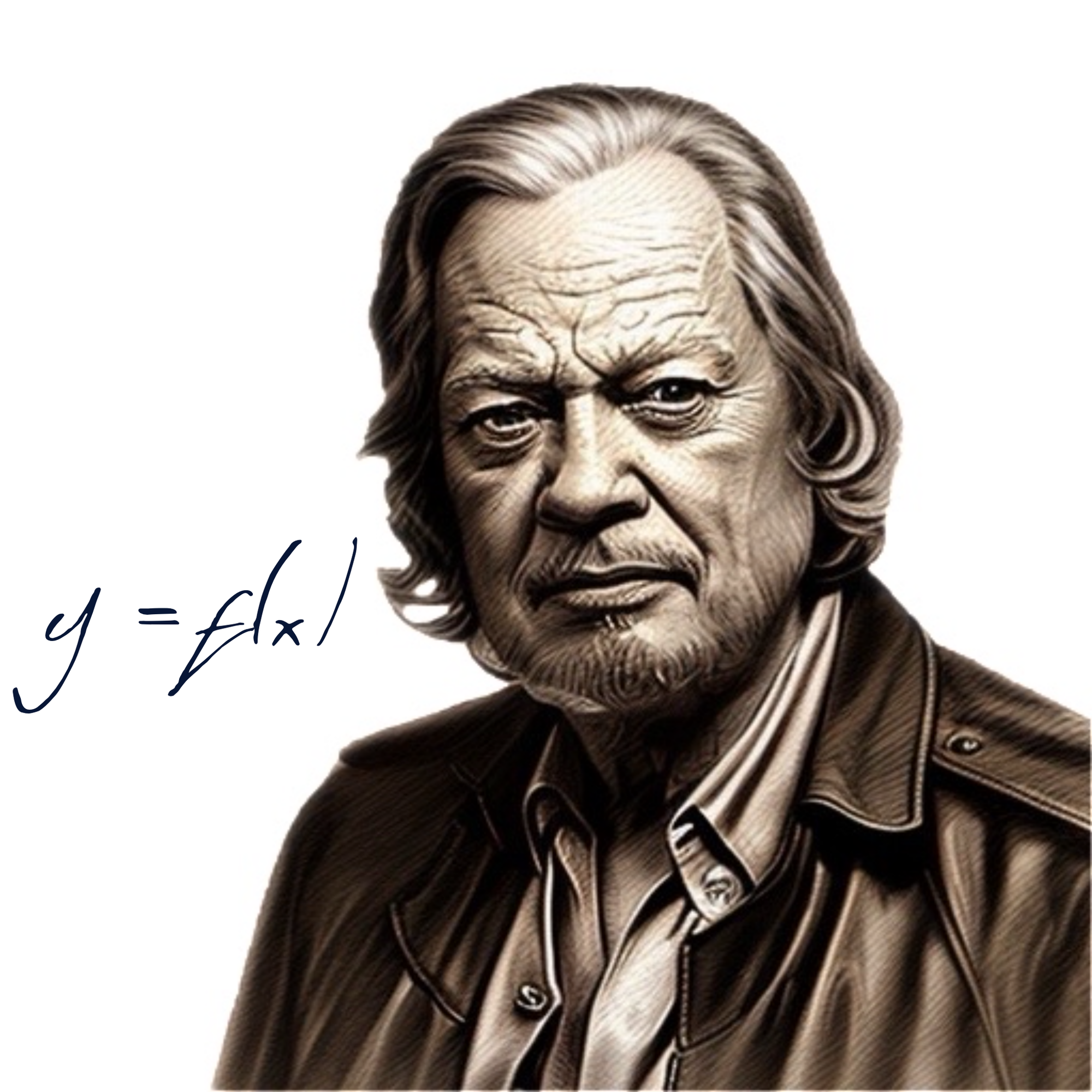Table of Contents
Exclusive
March 3, 2024 (undisclosed location). The Oracle of Technocrat has seen copy of tomorrow's Extreme Court's opinion in Donald J. Trump v. Norma Anderson et al. Our reporter was allowed to examine screenshots of the microfiche copy of the revised draft final discussion paperwork in a CIA safehouse under ultraviolet light. What he/she/it found will shock and awe you—read the unedited notes.
TL;DR
The kid stays in the picture! Let the People speak! We wanna rematch on January 6, 2025. Don't blame us, our hands are tied.
The per-curium
The unsigned opinion ordered the decision of the Colorado Supreme Court reversed and remanded for proceedings consistent with the Court's decision in Griffin's Case, 11 F. Cas. 7, 2 Am. Law T. Rep. U. S. Cts. 93; 8 Am. Law Reg. N. S. 358; 25 Tex. Supp. 623 ; 2 Balt. Law Trans. 433; 3 Am. Law Rev. 784 (1869). There were nine opinions concurring in part, that the outcome be overruled, but dissenting in part, on different reasons, reflecting the inability of the Justices to agree on what is happening here.
The ratione deciendi
There is a time for every purpose under heaven (Ecclesiastes 3:1)

Chief Justice Roberts
A challenge to the constitutional qualifications of a candidate for President is a non-justiciable political question. And a major political issue as defined in West Virginia et al. v. Environmental Protection Agency et al.
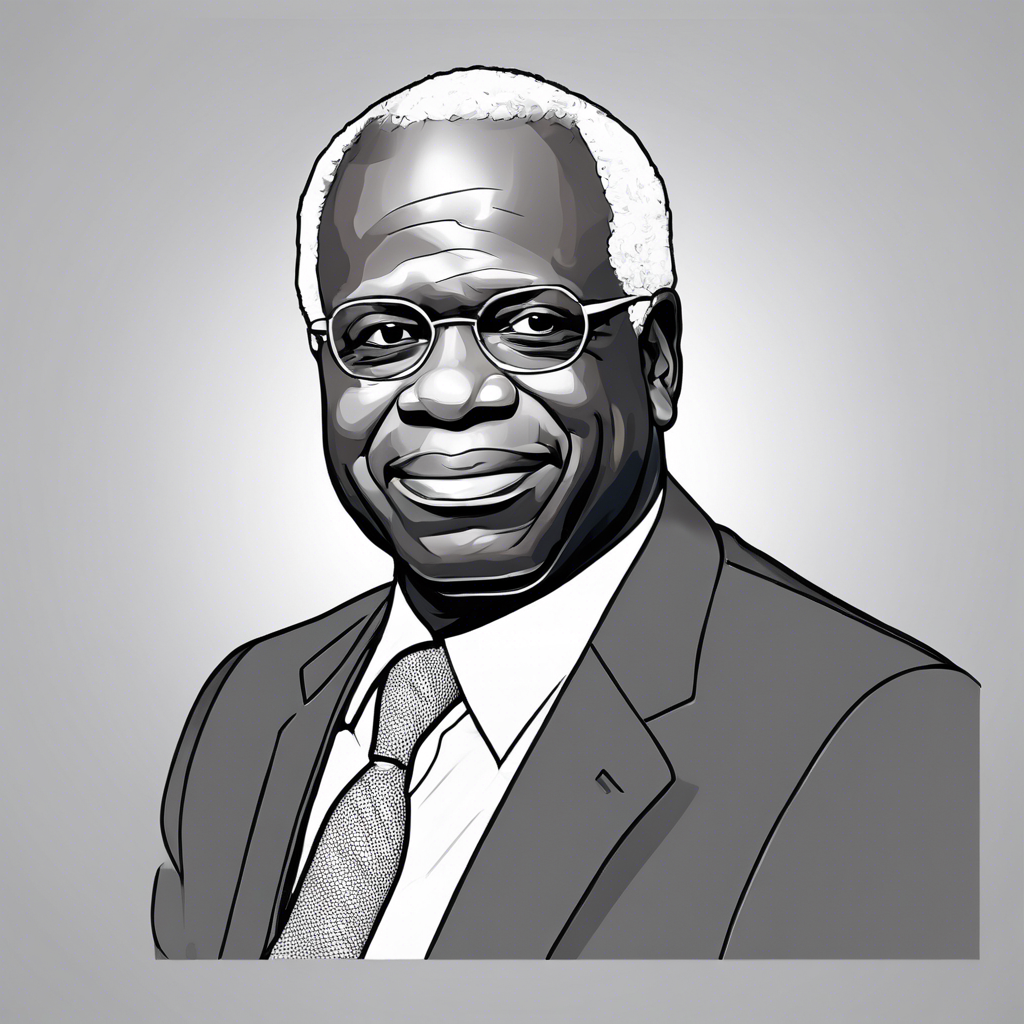
Justice Clarence Thomas
The state trial court’s factual finding that Trump intentionally incited a violent insurrection on January 6, 2021, was clearly erroneous. I know because my wife was in the room where it happened.
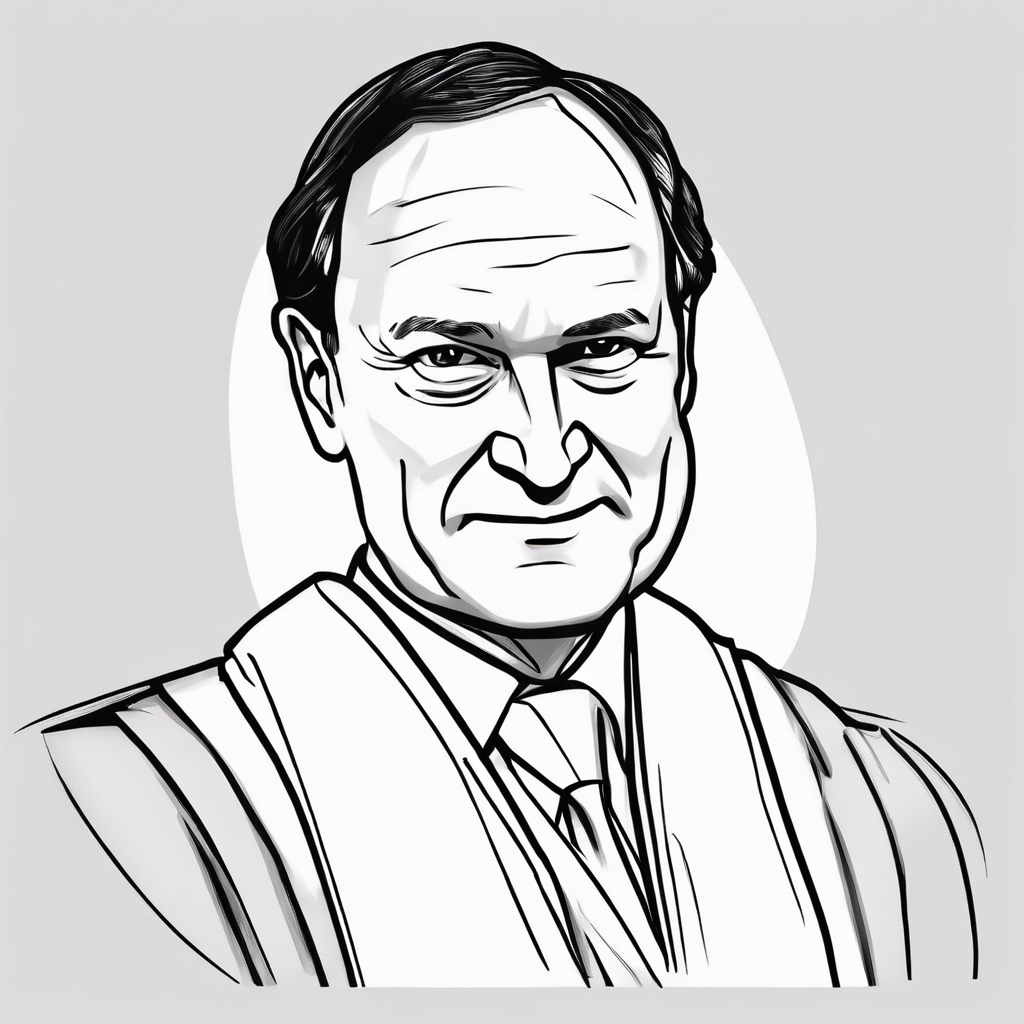
Justice Samuel Alito
By intentionally mobilizing, inciting, and encouraging the violent attack on the United States Capitol on January 6, 2021, Trump did not engage in insurrection against the Constitution for purposes of Section 3 because he was not convicted of that charge by the Senate after the House of Representatives impeached him.
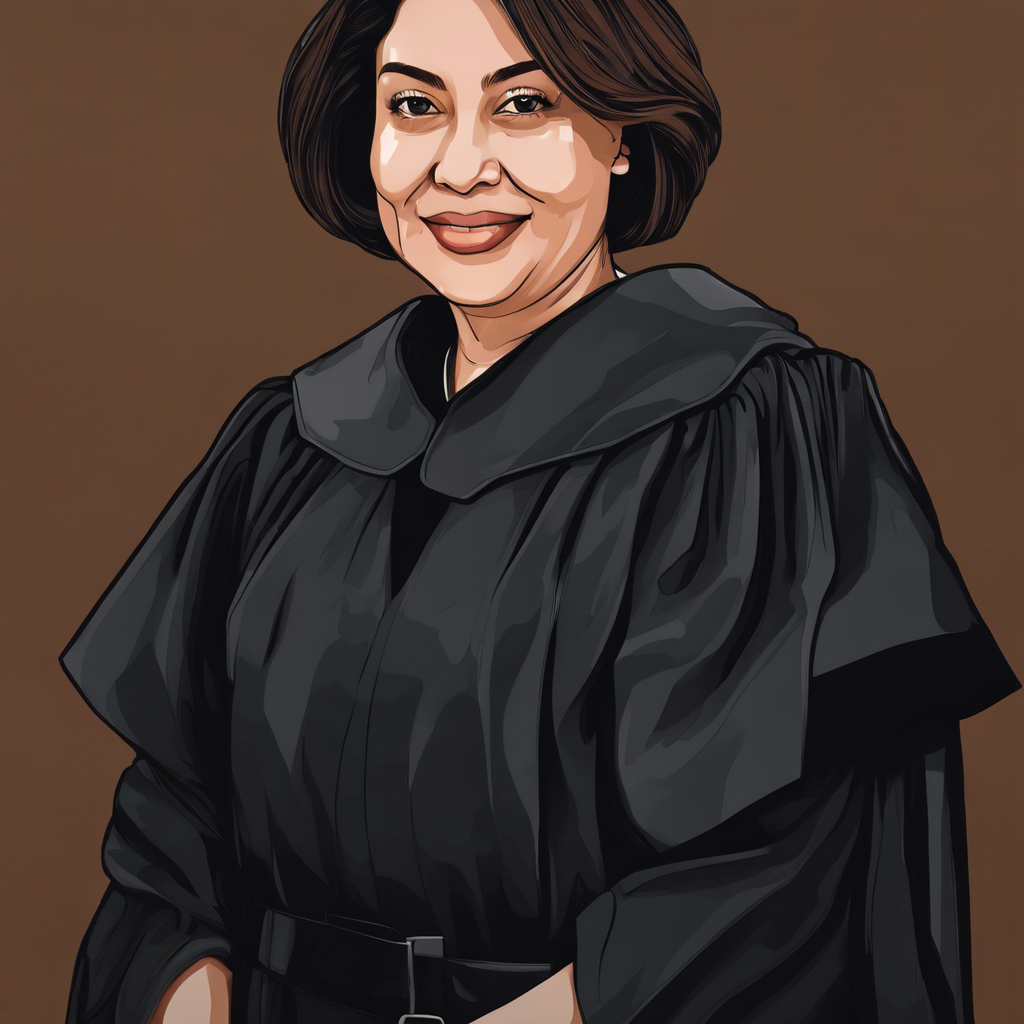
Justice Sonia Sotomayor
The Electors Clause requires the Court to override the Colorado Supreme Court’s interpretation of the Colorado Election Code.

Justice Elena Kagan
Congress must first pass legislation under Section 5 of the Fourteenth Amendment before a state can enforce Section 3 of the Fourteenth Amendment, even if state law provides a cause of action to enforce it.
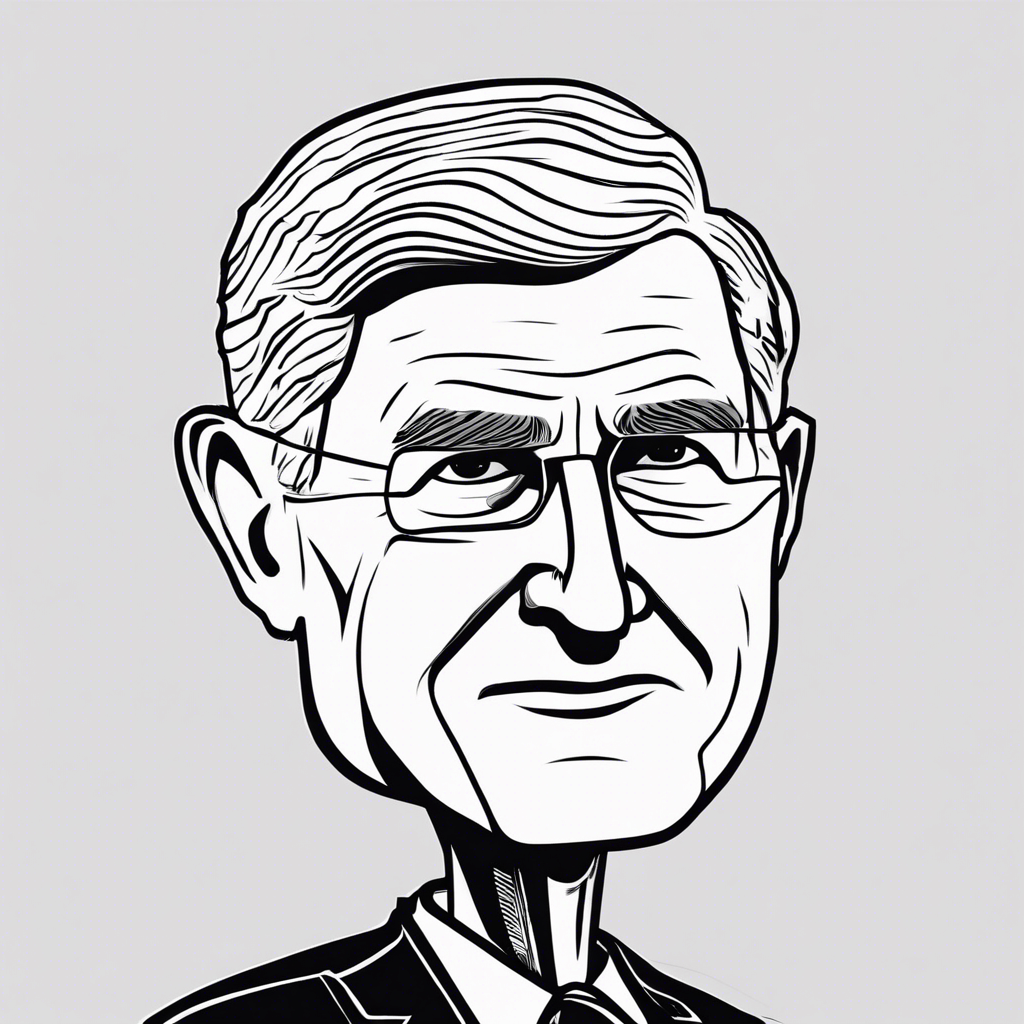
Justice Neil Gorsuch
States may not exclude from the ballot candidates who are ineligible to hold office under Section 3 nor, in fact on the basis of citizenship or age. Only the members of the electoral college may make those determinations.

Justice Brett Kavanaugh
Neither the Presidency nor the President fall within the list of offices and officers to which Section 3 of the Fourteenth Amendment applies because they do not take the oath of office prescribed by 5 U.S.C. §3331, which amended R.S. § 1757 which originally provided an alternative oath to the oath prescribed in R.S. § 1756 which oath was repealed by the Act of May 13, 1884, ch. 46, § 2, 23 Stat. 22. The words “An individual, except the President, . . . in the civil service or uniformed services” are substituted for “any person . . . either in the civil, military, or naval service, except the President of the United States”. The second sentence of former section 16 is changed to read, “This section does not affect other oaths required by law.”

Justice Amy Coney Barrett
States may not exclude from the ballot candidates who are ineligible to hold office under Section 3 because of the Equal Protection Clause because not all states have Colorado's requirement that a write-in candidate for president must file an affidavit of intent to be a write-in candidate with the appropriate state election officials by a certain deadline before the election. This affidavit must be accompanied by a list of electors equal in number to the electors to which the state is entitled, along with the electors' consent to serve if the write-in candidate wins.

Justice Ketanji Brown Jackson
Congress must first pass legislation under Section 5 of the Fourteenth Amendment before a state can enforce Section 3 of the Fourteenth Amendment, even if state law provides a cause of action to enforce it because the Fourteenth Amendment must be understood in its specific historical framework.
Mascot of the Day

